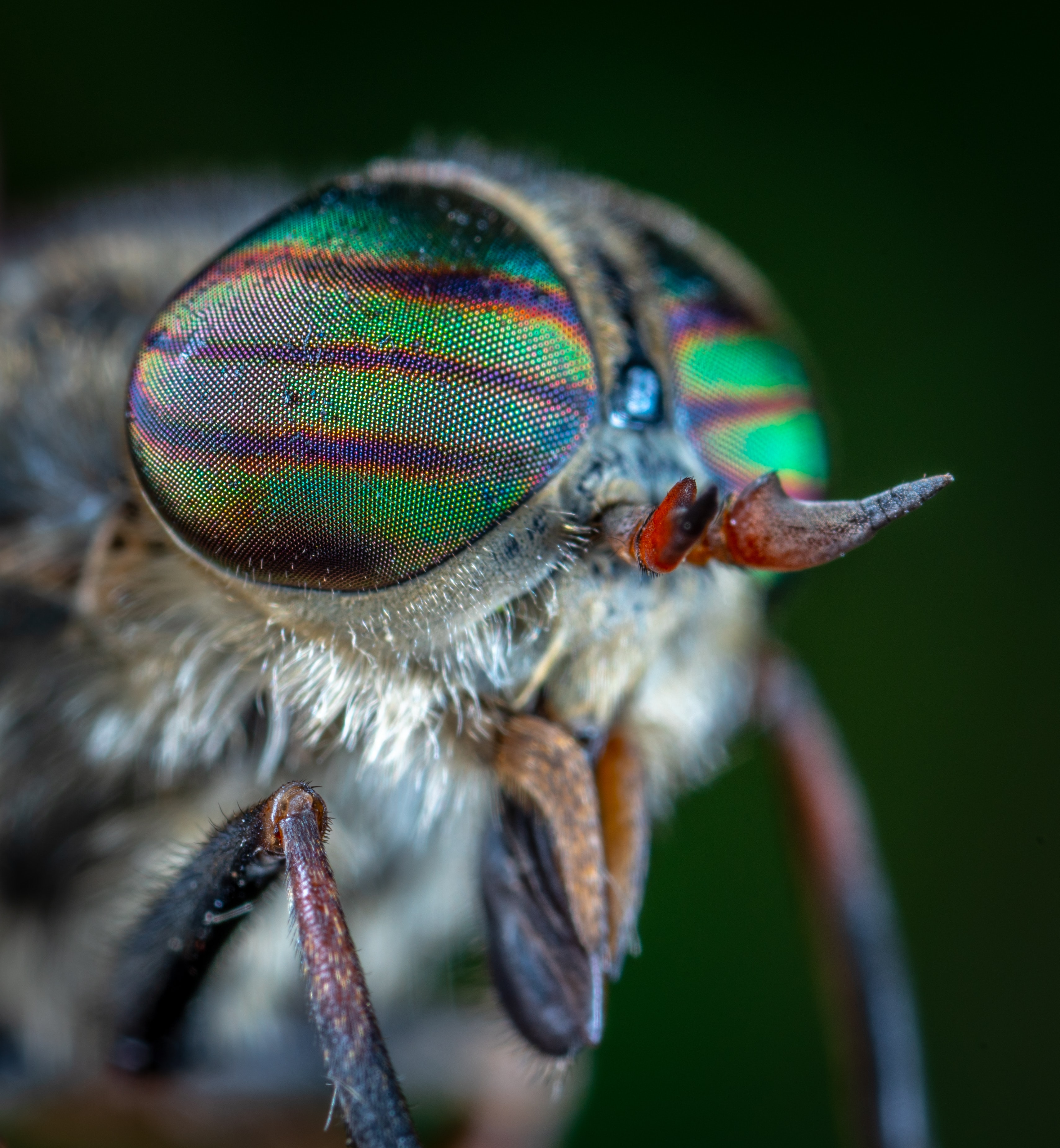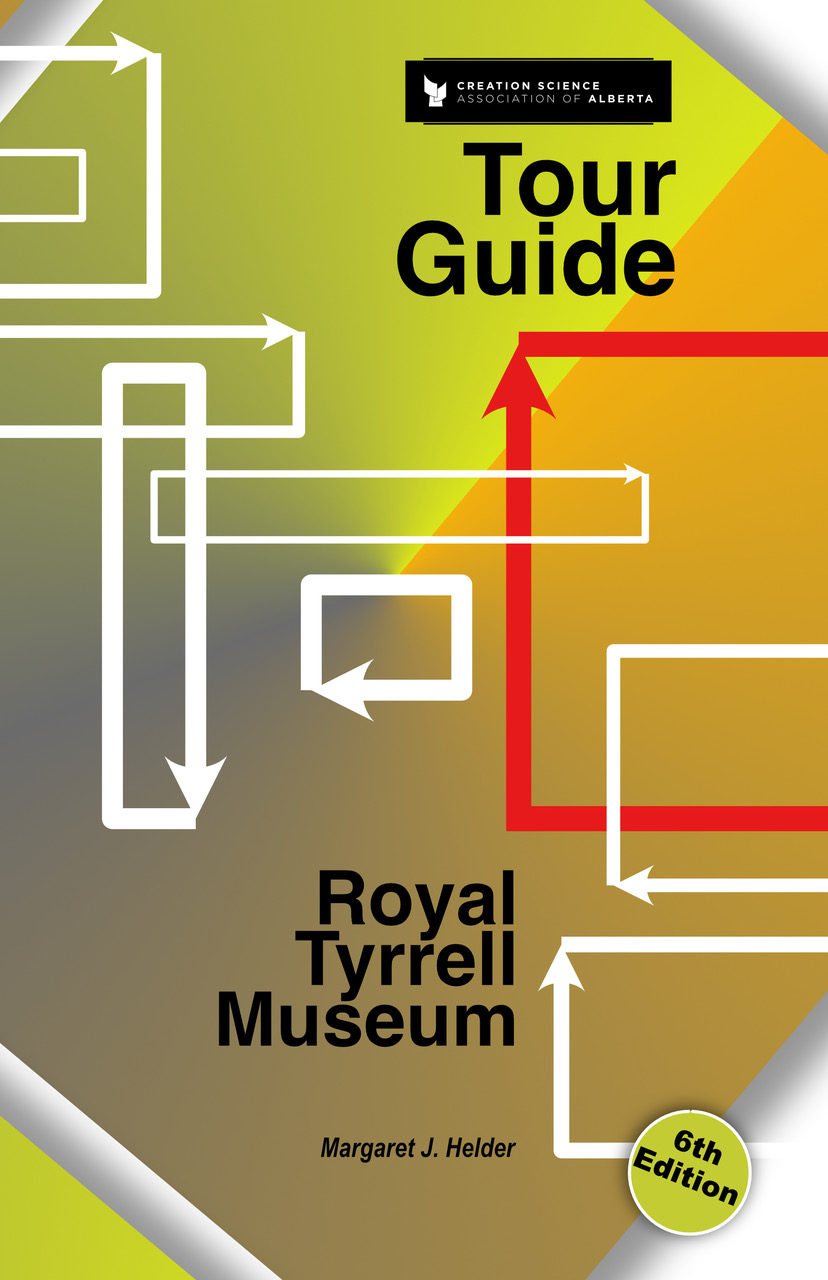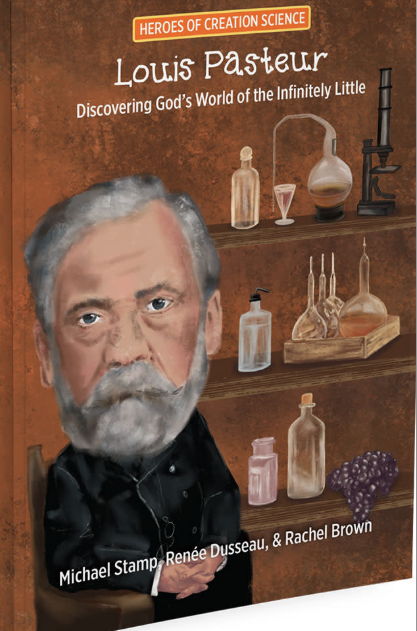Level Legend
 Children
Children Introductory
Introductory
 Intermediate
Intermediate
 Technical
Technical
Articles
The Creation Science Dialogueis a quarterly publication of the Creation Science Association of Alberta (CSAA). Subscription Information.
There is a fascination with living organisms that closely resemble fossils dated at millions of years old. The classic definition of a living fossil is an extant organism that closely resembles fossil specimens.
In 1938 Miss Marjorie Courtenay-Latimer of South Africa recognized that among recently caught fish, one specimen was unfamiliar. It turned out to be “the only living member of an ancient group of lobe-finned fishes that was known previously only from fossils and believed to have been extinct since the Late Cretaceous period approximately 70 million years ago (Myr ago)”1 Much later, in 1997, a second species of this fish was discovered in the seas around Indonesia. The two species were named Latimeria chalumnae and L. menadoensis respectively. Read the rest of this entry »
I remember hearing a biologist from Bristol in England. He was talking about his studies on diatoms (algae with glass walls). He described how he set out to study the activities of these cells on the nearby seashore. To collect the diatoms, he said, he used English toilet paper which was scratchy and impervious to water. The English students laughed uproariously at this. The Canadians, sitting straight-faced, did not realize this was a joke! At any rate what he found was that the algae emerged from below the sand surface during low tide in the day, but they then moved back under the sand before the tides returned at a different time every day. This is the kind of timekeeping ability in organisms that biologists were beginning to study. There were studies on people living alone in dark caves, studies on algae that glow in the dark, and fruit flies that emerge from the pupa at a certain time of day. How do they keep track of time? Read the rest of this entry »
For almost everyone, the year 2020 has certainly presented obstacles to our normal tasks and social gatherings. So it was that CSAA, like many Christian organizations, found that an on-line fall program offered the best hope of sharing our message. Blessed with someone on our team with expert computer skills, the appropriate programs were selected to make the event possible and professional. When David Coppedge of southern California agreed to be our speaker, we were so pleased! All the pieces of the organizational puzzle had fallen into place. One benefit of an on-line event, we discovered, was that people from as far away as Ontario and B.C., were able to enjoy the program. Read the rest of this entry »
It was a surprise to read in the September 17 issue of Nature1 that fruit flies have some interesting things to teach us in the field of technological applications of extremely thin protective coatings.
For this story, we focus on their beautiful red eyes. Like all insects, fruit flies have compound eyes consisting of multiple miniature light receptors which focus on one spot at the back of the eye. We immediately notice that these compound eyes tend to bulge outward, or at least they are highly exposed. There are no eyelids to protect them from damage and/or to protect them from glare. It was back in the 1960s and 1970s that biologists began to notice that insect eyes seem to have some protection after all. Depending upon the lifestyle of the insect, their eyes seem to have anti-reflective or anti-adhesive protection. An anti-reflective coating allows more light to be transmitted through a transparent layer than would normally occur. And an anti-adhesion coating repels water from such a surface. Read the rest of this entry »
I remember suggesting to one of my professors, when I was at university, that a certain course would be a waste of my time since I had already studied that topic. He suggested that there might be more to learn and he was right, of course. In fact, there is always more to learn on any topic. That is why we hear so much about life-long learning. We don’t want to atrophy (dry up) mentally or physically. It is important to keep developing our skills.
Naturally in everything we learn, we have to be cautious. We don’t want to plant desert-loving plants in a wet area of the garden, or do stretches the wrong way, nor do we want to acquiesce to wrong interpretations in science, or history or philosophy or whatever. This does not mean we stop reading! What it means is that we apply critical thinking skills to our various pursuits. Read the rest of this entry »










